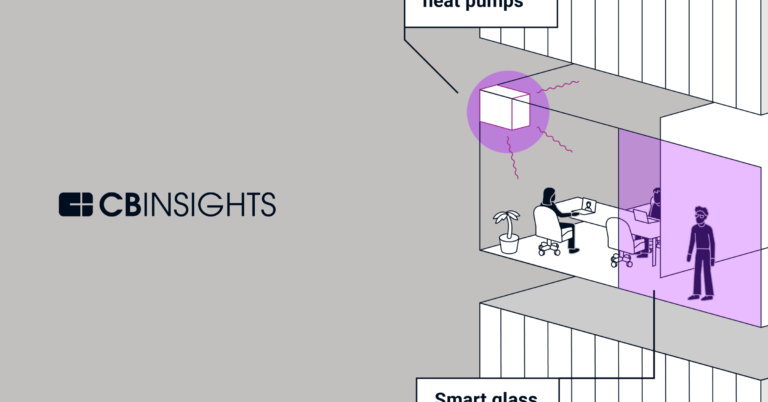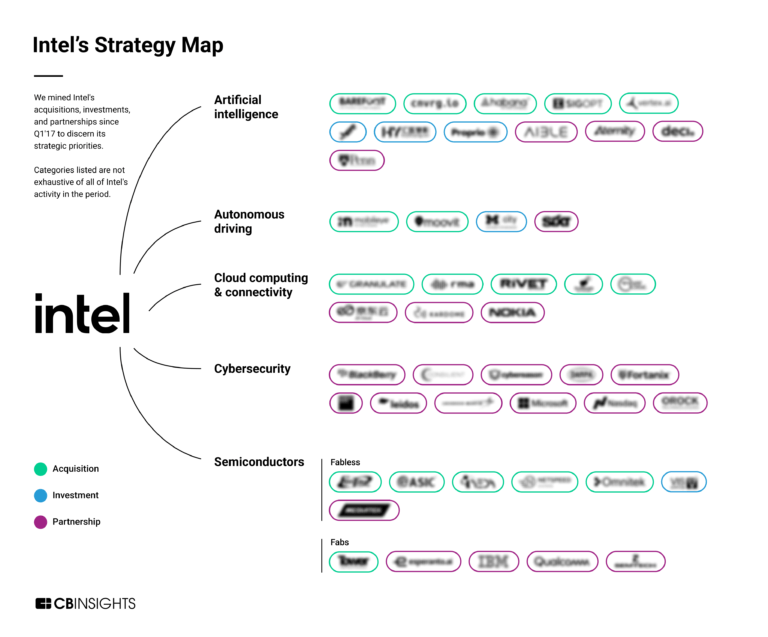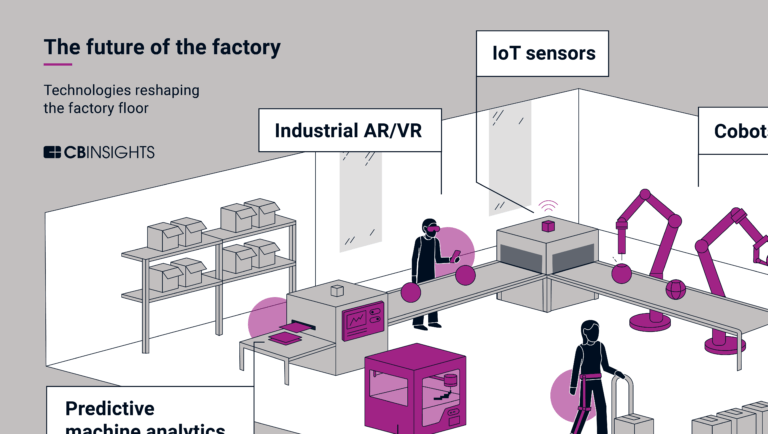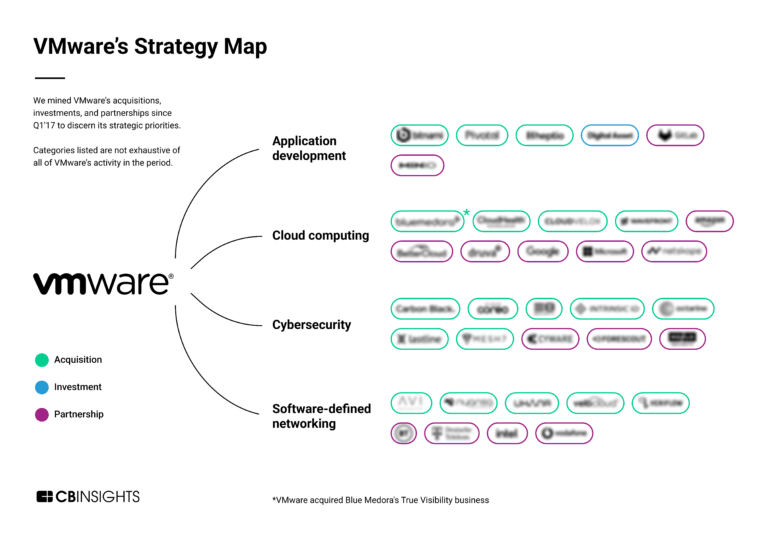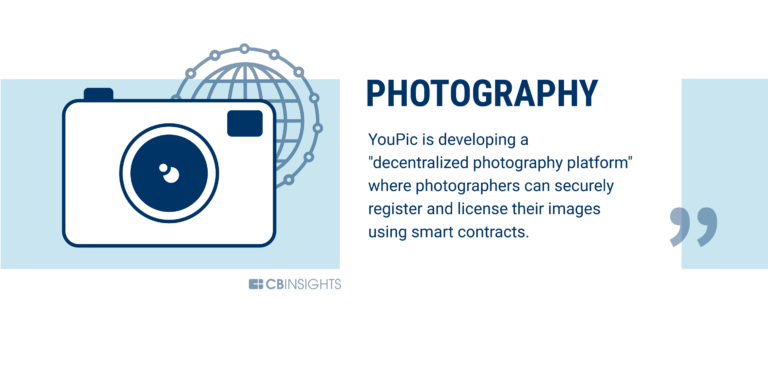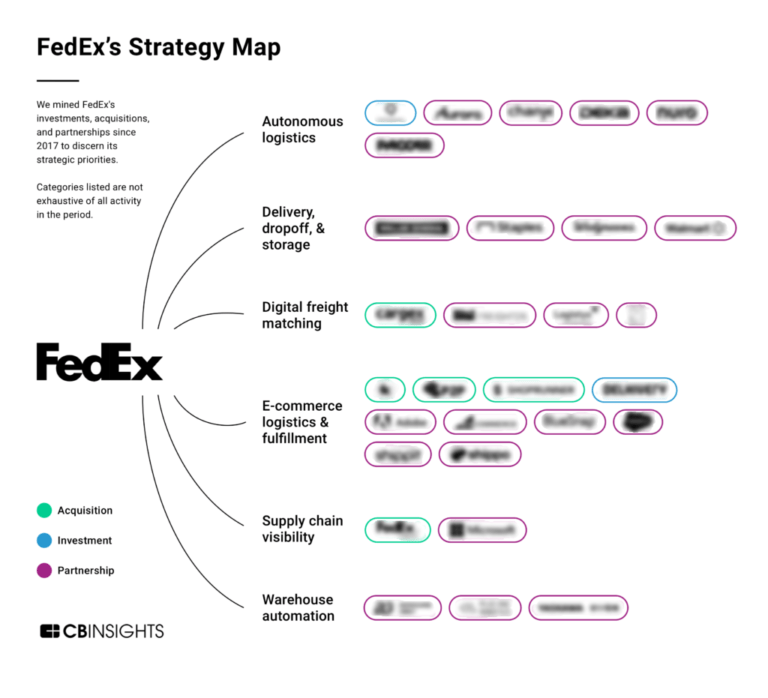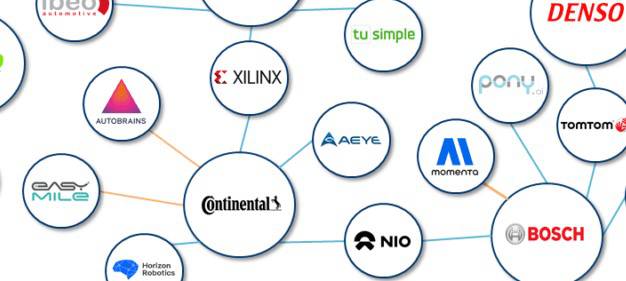Investments
177Portfolio Exits
72Funds
3Partners & Customers
10Service Providers
2About Microsoft
Microsoft (NASDAQ: MSFT) is a global provider of software, hardware, and technology services. The company develops, manufactures, licenses supports, and sells computer software, consumer electronics, and personal computers and services.
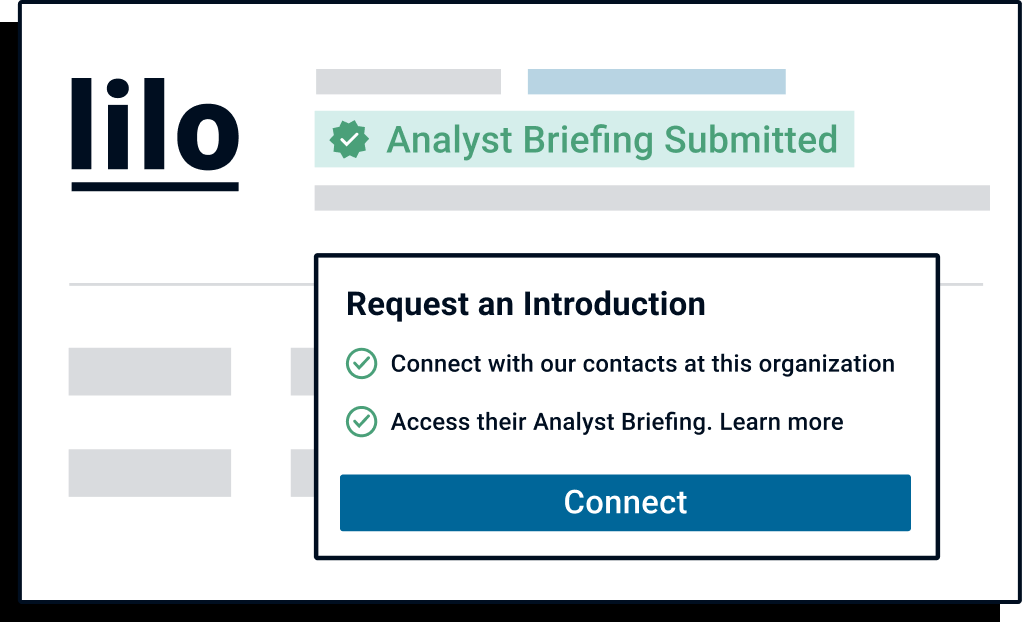
Want to inform investors similar to Microsoft about your company?
Submit your Analyst Briefing to get in front of investors, customers, and partners on CB Insights’ platform.
Expert Collections containing Microsoft
Expert Collections are analyst-curated lists that highlight the companies you need to know in the most important technology spaces.
Find Microsoft in 6 Expert Collections, including E-Commerce.
E-Commerce
22 items
Fortune 500 Investor list
590 items
This is a collection of investors named in the 2019 Fortune 500 list of companies. All CB Insights profiles for active investment arms of a Fortune 500 company are included.
Conference Exhibitors
6,062 items
Companies that will be exhibiting at CES 2018
Smart Cities
2,332 items
Smart building tech covers energy management/HVAC tech, occupancy/security tech, connectivity/IoT tech, construction materials, robotics use in buildings, and the metaverse/virtual buildings.
The Edge Computing Landscape
456 items
Edge computing companies facilitate workload deployment in addition to providing data processing and storage at the farthest reaches of the network. These edge computing companies range from data centers at the edge to workload management tools designed to orchestrate edge deploy
Medical Devices
3,698 items
https://www.advamed.org/membership-join/membership-directory/ - excludes those without working websites.
Research containing Microsoft
Get data-driven expert analysis from the CB Insights Intelligence Unit.
CB Insights Intelligence Analysts have mentioned Microsoft in 55 CB Insights research briefs, most recently on May 4, 2022.
Latest Microsoft News
Jun 28, 2022
Last week Microsoft said it would stop selling software that guesses a person’s mood by looking at their face. The reason: It could be discriminatory. Computer vision software, which is used in self-driving cars and facial recognition, has long had issues with errors that come at the expense of women and people of color. Microsoft’s decision to halt the system entirely is one way of dealing with the problem. But there’s another, novel approach that tech firms are exploring: training AI on “synthetic” images to make it less biased. The idea is a bit like training pilots. Instead of practicing in unpredictable, real-world conditions, most will spend hundreds of hours using flight simulators designed to cover a broad array of different scenarios they could experience in the air. A similar approach is being taken to train AI, which relies on carefully labelled data to work properly. Until recently, the software used to recognize people has been trained on thousands or millions of images of real people, but that can be time-consuming, invasive, and neglectful of large swathes of the population. Now many AI makers are using fake or “synthetic” images to train computers on a broader array of people, skin tones, ages or other features, essentially flipping the notion that fake data is bad. In fact, if used properly it’ll not only make software more trustworthy, but completely transform the economics of data as the “new oil.” In 2015, Simi Lindgren came up with the idea for a website called Yuty to sell beauty products for all skin types. She wanted to use AI to recommend skin care products by analyzing selfies, but training a system to do that accurately was difficult. A popular database of 70,000 licensed faces from Flickr, for instance, wasn’t diverse or inclusive enough. It showed facial hair on men, but not on women, and she says there weren’t enough melanin-rich — that is, darker-skinned — women to accurately detect their various skin conditions like acne or fine lines. She tried crowdsourcing and got just under 1,000 photos of faces from her network of friends and family. But even that wasn’t enough. Lindgren’s team then decided to create their own data to plug the gap. The answer was something called GANs. General adversarial networks or GANs are a type of neural network designed in 2014 by Ian Goodfellow, an AI researcher now at Alphabet’s DeepMind. The system works by trying to fool itself, and then humans, with new faces. You can try testing your ability to tell the difference between a fake face and a real one on this website set up by academics at the University of Washington, using a type of GAN. Lindgren used the method to create hundreds of thousands of photorealistic images and says she ended up with “a balanced dataset of diverse people, with diverse skin tones and diverse concerns.” Currently, about 80 per cent of the faces in Yuty’s database aren’t of real people but synthetic images which are labelled and checked by humans(3), she says, who help assess her platform’s growing accuracy. Lindgren is not alone in her approach. More than 50 startups currently generate synthetic data as a service, according to StartUs Insights, a market intelligence firm. Microsoft has experimented with it and Google is working with artificially-generated medical histories to help predict insurance fraud. Amazon.com Inc. said in January that it was using synthetic data to train Alexa to overcome privacy concerns. Remember when Big Tech platforms found themselves in hot water a few years ago for hiring contractors to listen in on random customers, to train their AI systems? ‘Fake’ data can help solve it. The trend is becoming so pervasive that Gartner estimates 60 per cent of all data used to train AI will be synthetic by 2024, and it will completely overshadow real data for AI training by 2030. The market for making synthetic images and videos is roughly divided into companies that use GANs, and those that design 3D graphics from scratch. Datagen Technologies, based in Tel Aviv, Israel, does the latter. Its CGI-style animations train car systems to detect sleepiness. Carmakers have historically trained their sensors by filming actors pretending to fall asleep at the wheel, says Gil Elbaz, co-founder of synthetic data startup Datagen, but that still leads to a limited set of examples. Fake data isn’t just being used to train vision recognition systems, but also predictive software, like the kinds banks use to decide who should get a loan. For example, to help design algorithms that distribute loans more fairly to minority groups, Fairgen makes databases of artificial people from minority groups with average credit scores that are closer to those from other groups. One bank in the UK is currently Fairgen’s data to hone its loan software. Cohen says manipulating the data that algorithms are trained on can help with positive discrimination and “recalibrating society.” Strange as it may sound, the growth of fake data is a step in the right direction, and not just because it avoids using people’s personal data. It could also disrupt the dynamics of selling data. Synthetic data also won’t eliminate bias completely, though, says Julien Cornebise, an honorary associate professor of computer science at University College London. “Bias is not only in the data. It’s in the people who develop these tools with their own cultural assumptions,” he says. “That’s the case for everything man-made.” Fake is the new real If used properly it’ll not only make software more trustworthy, but completely transform the economics of data Fake data isn’t just being used to train vision recognition systems, but also predictive software According to estimates, 60 per cent of all data used to train AI will be synthetic by 2024, and it will completely overshadow real data for AI training by 2030
Microsoft Investments
177 Investments
Microsoft has made 177 investments. Their latest investment was in Techpoint as part of their Grant on May 5, 2022.
Microsoft Investments Activity

Date | Round | Company | Amount | New? | Co-Investors | Sources |
|---|---|---|---|---|---|---|
5/12/2022 | Grant | Techpoint | $0.75M | Yes | 1 | |
4/18/2022 | Convertible Note - II | Udaan | $25M | Yes | Undisclosed Investors | 4 |
3/11/2022 | Series D | ConsenSys | $450M | Yes | Anthos Capital, C Ventures, Marshall Wace Asset Management, ParaFi Capital, SoftBank Group, Sound Ventures, Temasek, Third Point, True Capital Management, Undisclosed Investors, and UTA Ventures | 60 |
1/17/2022 | Series B | |||||
9/29/2021 | Corporate Minority |
Date | 5/12/2022 | 4/18/2022 | 3/11/2022 | 1/17/2022 | 9/29/2021 |
|---|---|---|---|---|---|
Round | Grant | Convertible Note - II | Series D | Series B | Corporate Minority |
Company | Techpoint | Udaan | ConsenSys | ||
Amount | $0.75M | $25M | $450M | ||
New? | Yes | Yes | Yes | ||
Co-Investors | Undisclosed Investors | Anthos Capital, C Ventures, Marshall Wace Asset Management, ParaFi Capital, SoftBank Group, Sound Ventures, Temasek, Third Point, True Capital Management, Undisclosed Investors, and UTA Ventures | |||
Sources | 1 | 4 | 60 |
Microsoft Portfolio Exits
72 Portfolio Exits
Microsoft has 72 portfolio exits. Their latest portfolio exit was Cruise Automation on March 20, 2022.
Date | Exit | Companies | Valuation Valuations are submitted by companies, mined from state filings or news, provided by VentureSource, or based on a comparables valuation model. | Acquirer | Sources |
|---|---|---|---|---|---|
3/20/2022 | Corporate Majority | 11 | |||
1/31/2022 | Acquired - II | 55 | |||
12/2/2021 | Reverse Merger | 48 | |||
Date | 3/20/2022 | 1/31/2022 | 12/2/2021 | ||
|---|---|---|---|---|---|
Exit | Corporate Majority | Acquired - II | Reverse Merger | ||
Companies | |||||
Valuation | |||||
Acquirer | |||||
Sources | 11 | 55 | 48 |
Microsoft Acquisitions
297 Acquisitions
Microsoft acquired 297 companies. Their latest acquisition was Miburo on June 14, 2022.
Date | Investment Stage | Companies | Valuation Valuations are submitted by companies, mined from state filings or news, provided by VentureSource, or based on a comparables valuation model. | Total Funding | Note | Sources |
|---|---|---|---|---|---|---|
6/14/2022 | Acquired | 17 | ||||
5/30/2022 | Acquired Unit | 1 | ||||
3/31/2022 | Series A | $11.46M | Acquired | 13 | ||
3/4/2022 | Series D | |||||
1/18/2022 |
Date | 6/14/2022 | 5/30/2022 | 3/31/2022 | 3/4/2022 | 1/18/2022 |
|---|---|---|---|---|---|
Investment Stage | Series A | Series D | |||
Companies | |||||
Valuation | |||||
Total Funding | $11.46M | ||||
Note | Acquired | Acquired Unit | Acquired | ||
Sources | 17 | 1 | 13 |
Microsoft Fund History
3 Fund Histories
Microsoft has 3 funds, including Affordable Access Initiative.
Closing Date | Fund | Fund Type | Status | Amount | Sources |
|---|---|---|---|---|---|
11/16/2015 | Affordable Access Initiative | 1 | |||
Climate Innovation Fund | |||||
Microsoft Climate Fund |
Closing Date | 11/16/2015 | ||
|---|---|---|---|
Fund | Affordable Access Initiative | Climate Innovation Fund | Microsoft Climate Fund |
Fund Type | |||
Status | |||
Amount | |||
Sources | 1 |
Microsoft Partners & Customers
10 Partners and customers
Microsoft has 10 strategic partners and customers. Microsoft recently partnered with Ekinops on June 6, 2022.
Date | Type | Business Partner | Country | News Snippet | Sources |
|---|---|---|---|---|---|
6/20/2022 | Partner | France | 1 | ||
6/17/2022 | Partner | United States | 1 | ||
6/16/2022 | Partner | Ireland | 2 | ||
6/16/2022 | Partner | ||||
6/15/2022 | Partner |
Microsoft Service Providers
2 Service Providers
Microsoft has 2 service provider relationships
Service Provider | Associated Rounds | Provider Type | Service Type |
|---|---|---|---|
Acq - P2P, and Acquired | Investment Bank | Financial Advisor | |
Service Provider | ||
|---|---|---|
Associated Rounds | Acq - P2P, and Acquired | |
Provider Type | Investment Bank | |
Service Type | Financial Advisor |
Partnership data by VentureSource
Microsoft Team
331 Team Members
Microsoft has 331 team members, including current Chief Executive Officer, Satya Nadella.
Name | Work History | Title | Status |
|---|---|---|---|
Anthony Clay | Founder | Current | |
Name | Anthony Clay | ||||
|---|---|---|---|---|---|
Work History | |||||
Title | Founder | ||||
Status | Current |
Compare Microsoft to Competitors

Amazon Web Services (AWS) is a business unit within Amazon.com that provides an infrastructure platform for businesses in the form of cloud computing.

IBM (NYSE: IBM) manufactures and sells computer hardware and software, and offers infrastructure services, hosting services, and consulting services in areas ranging from mainframe computers to nanotechnology.

SAP (FWB: SAP) (NYSE: SAP) is a multinational software corporation that makes enterprise software to manage business operations and customer relations.

Eurotech specializes in the research, development, and production of edge computers and IoT solutions. The products include IoT building blocks and software platforms, Edge Gateway to enable asset monitoring and High Perfomance Edge Computers (HPEC) conceived for AI applications. The company provides solutions to system integrators and enterprises. The company was founded in 1992 and is based in Amaro, Italy.
Discover the right solution for your team
The CB Insights tech market intelligence platform analyzes millions of data points on vendors, products, partnerships, and patents to help your team find their next technology solution.
